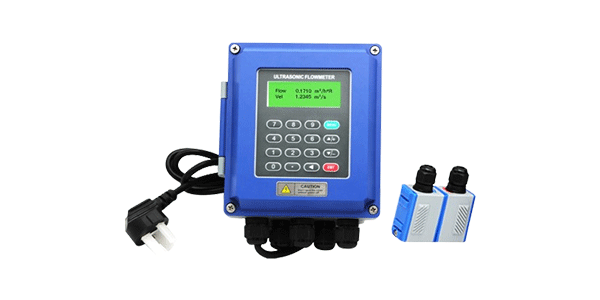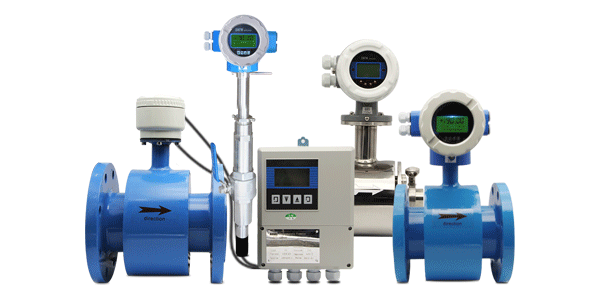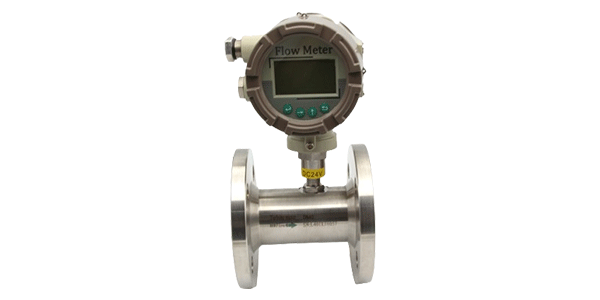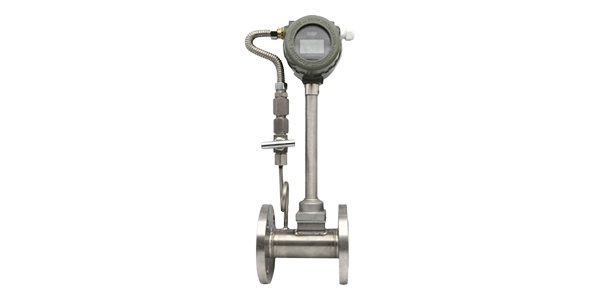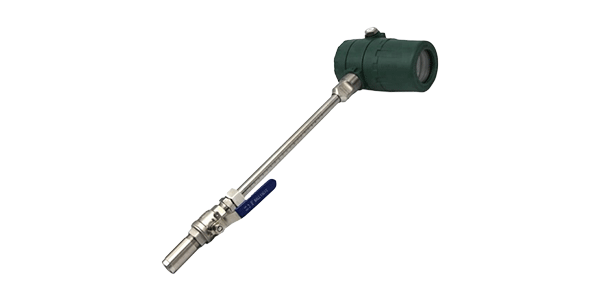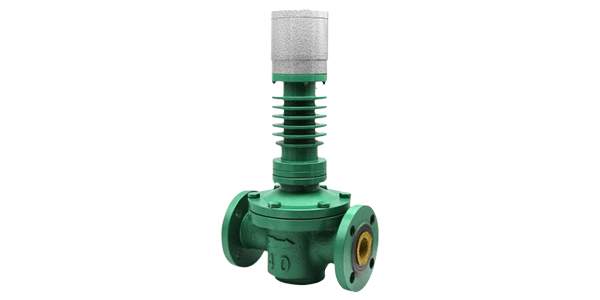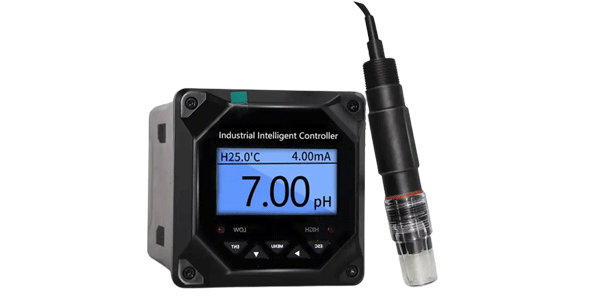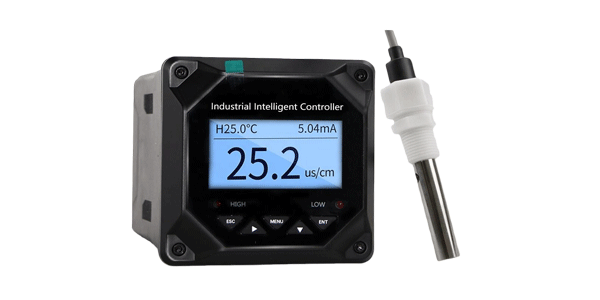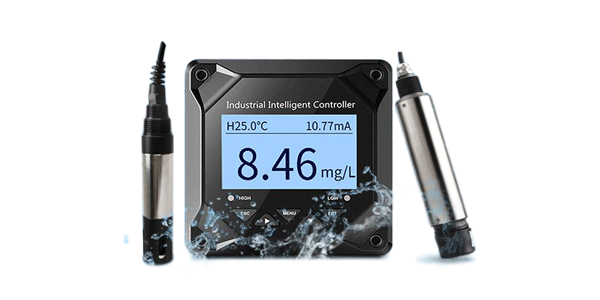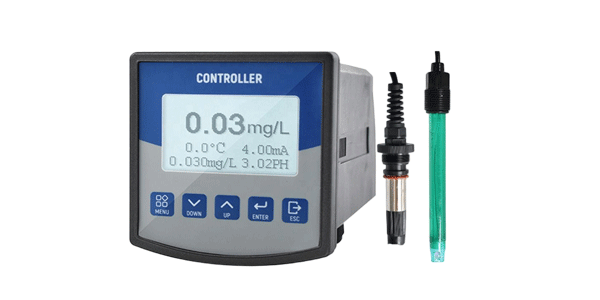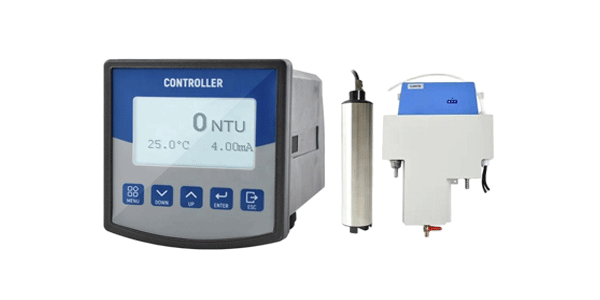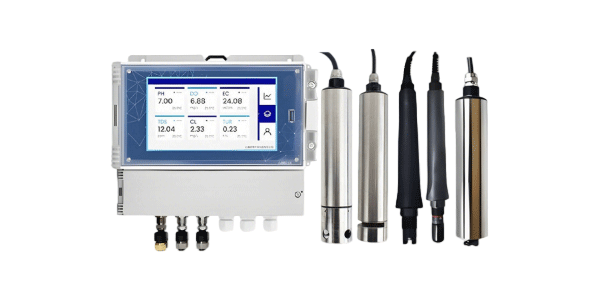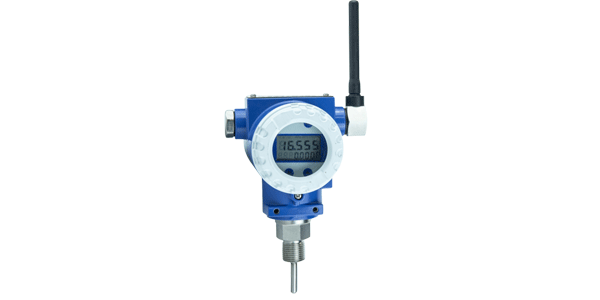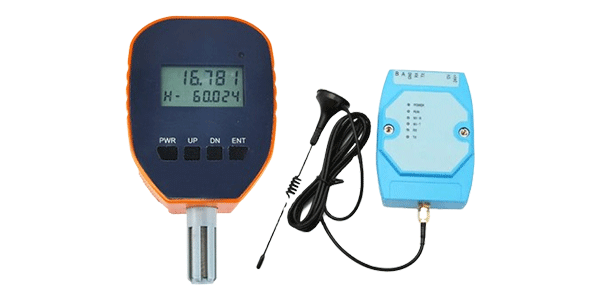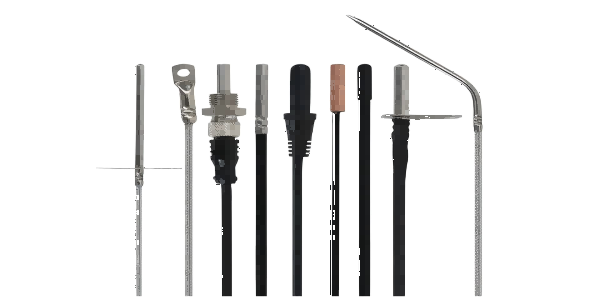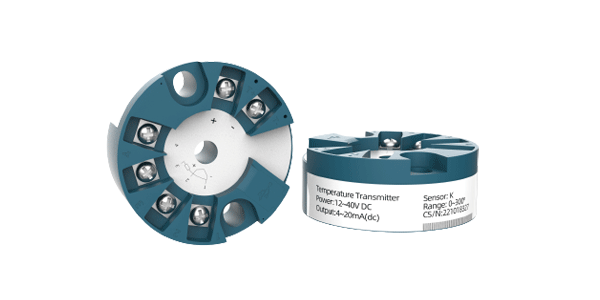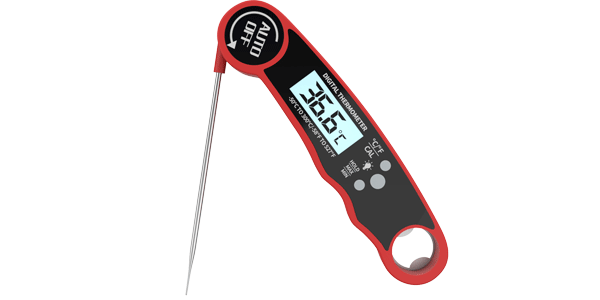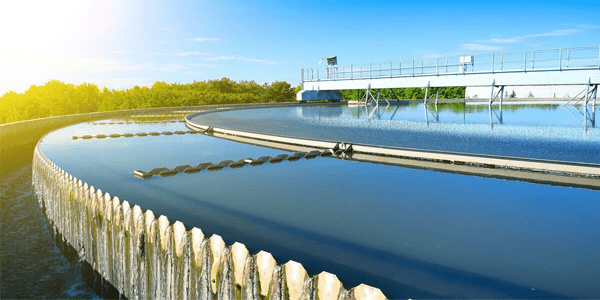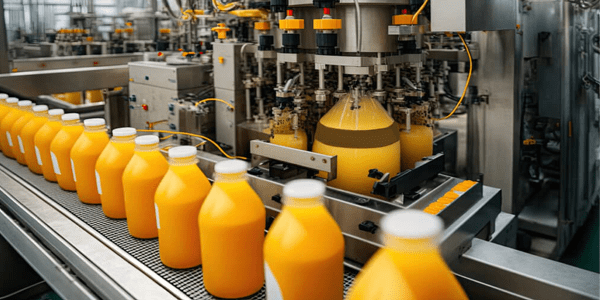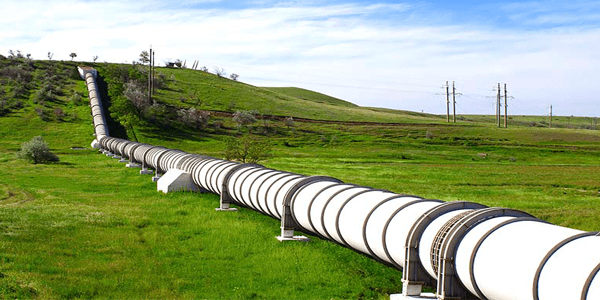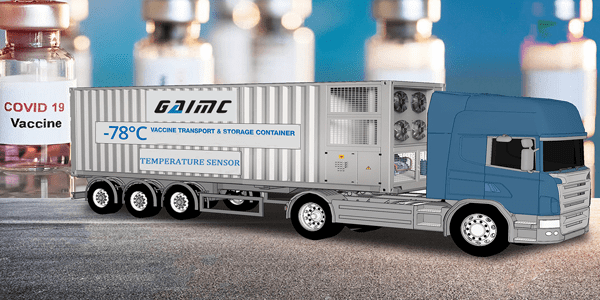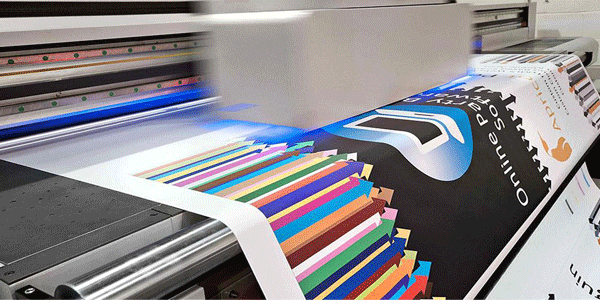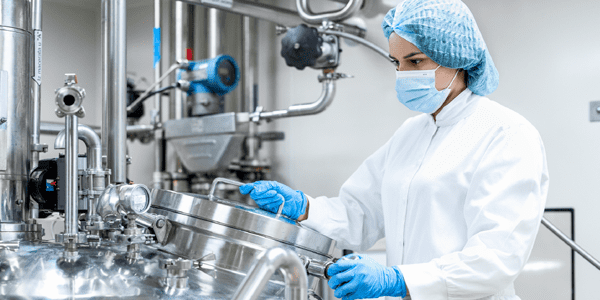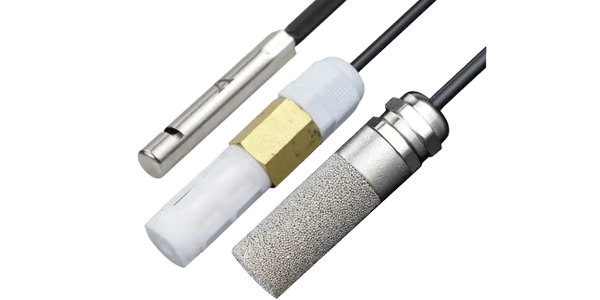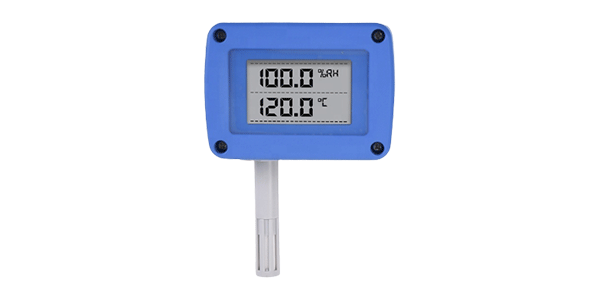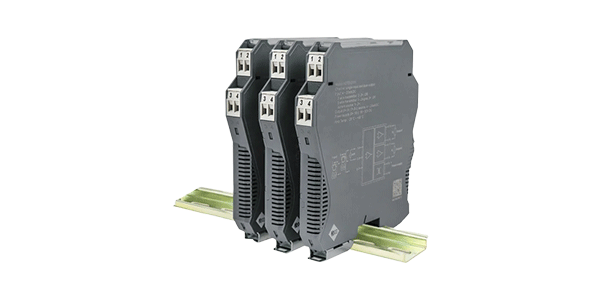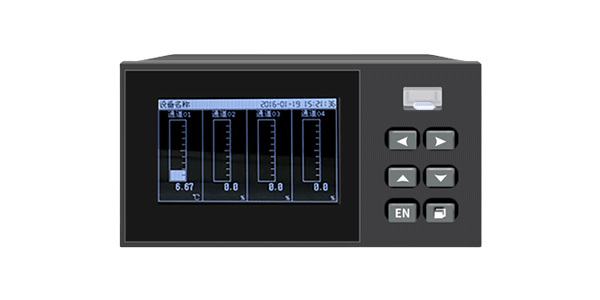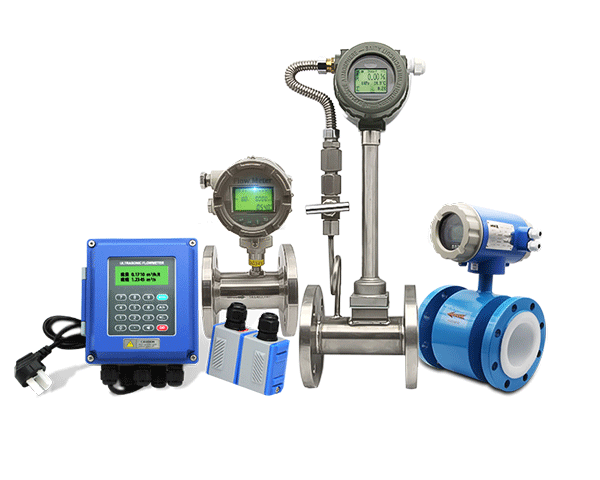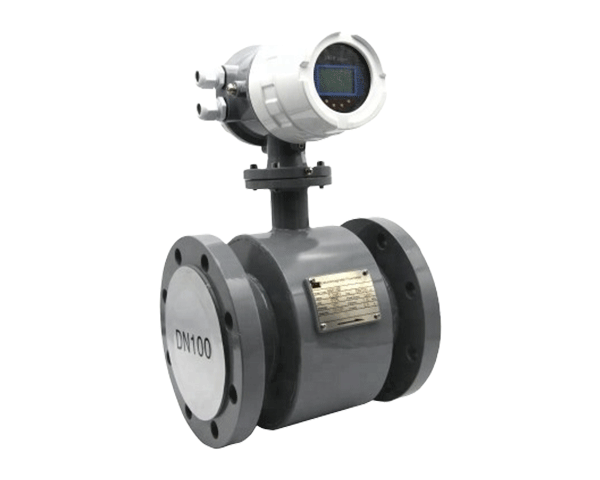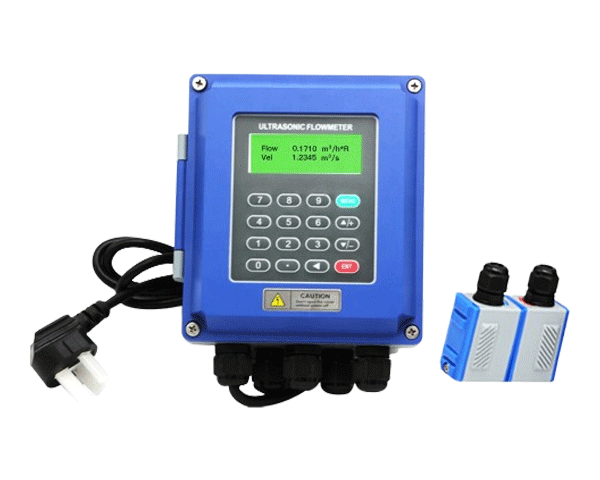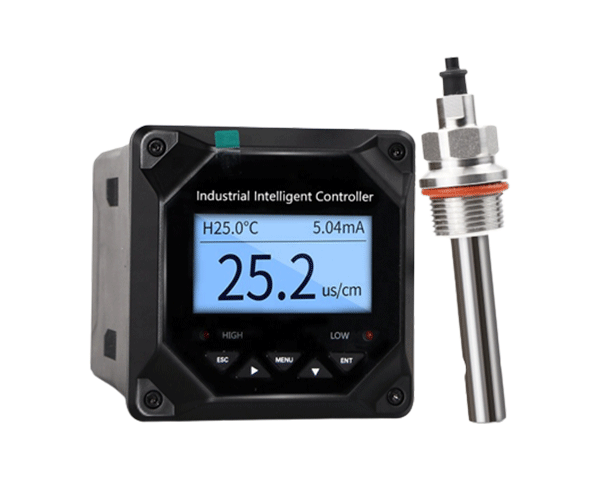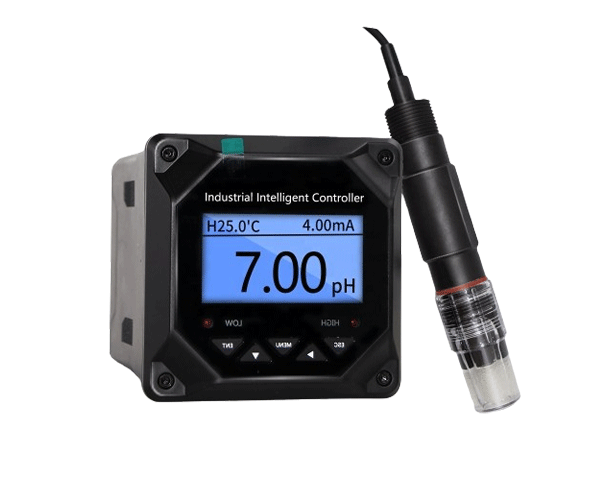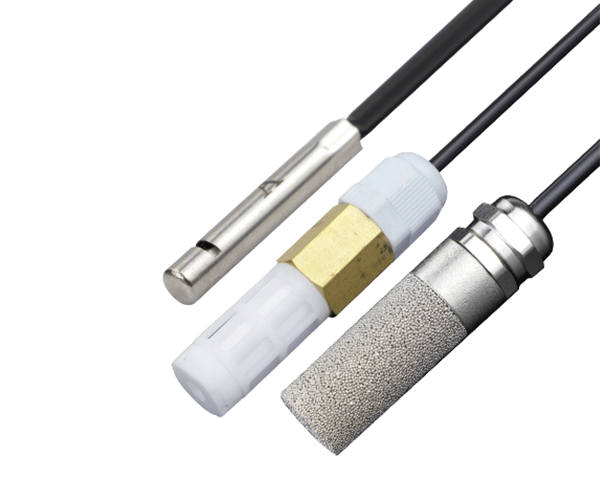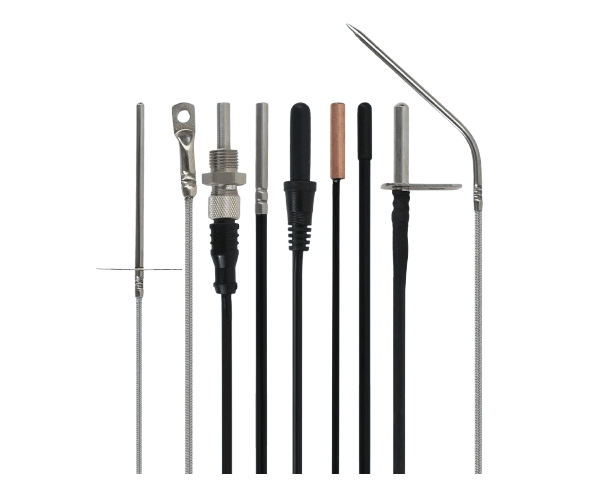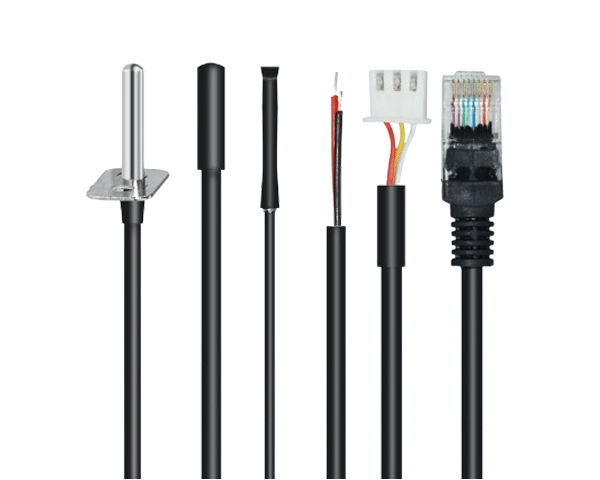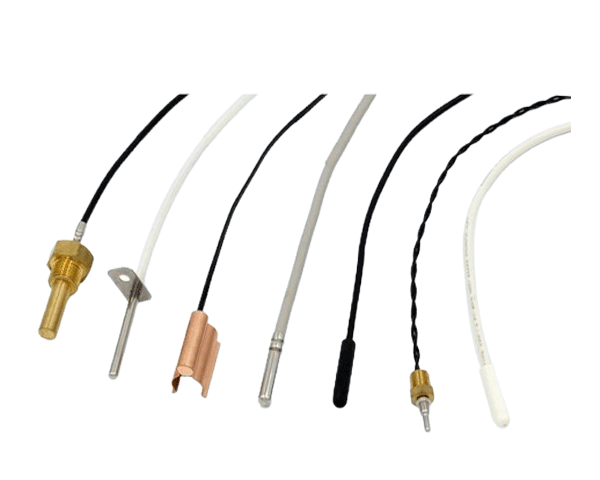In this article, you will learn how Coriolis Mass Flow Meters deliver the precision required for custody transfer in oil and gas, understand their key operational advantages, and discover the specific product features that make them a reliable choice for your most critical fiscal measurement applications.
Precision in Oil & Gas Custody Transfer
In oil and gas transactions, measurement accuracy translates directly into financial fairness. Even a minor deviation in metering can lead to significant revenue loss or disputes between trading partners. This is where Coriolis Mass Flow Meters prove indispensable. They provide direct mass measurement, which is the fundamental basis for custody transfer of crude oil and natural gas liquids, eliminating the need for complex corrections and delivering the trust required for high-value contracts.
Coriolis Technology Advantages
Direct Mass Flow Measurement
Coriolis meters measure mass flow directly, unlike volumetric meters which require compensation for changing fluid properties. This results in exceptional accuracy, often as high as ±0.1%, making them the gold standard for fiscal and custody transfer applications where every liter counts.
Multi-Parameter Capability
A single Coriolis meter does more than just measure mass flow. It simultaneously provides highly accurate data on density and temperature. This allows for the direct computation of standardized volume, concentration, and other critical parameters, providing a comprehensive view of the fluid being transferred.
Minimal Maintenance Design
The internal measuring element of a Coriolis meter has no moving parts that are in contact with the fluid. This robust design reduces wear and tear, minimizes maintenance requirements, and enhances long-term reliability, ensuring consistent performance with minimal operational disruption.

Diagram: Internal tube structure of a GAIMC Coriolis mass flow meter
Selecting the Right Coriolis Meter
Choosing the correct meter involves several considerations. For high-volume crude oil transfer lines, a full-bore meter is often necessary to minimize pressure drop. For chemical injection or additive blending, a compact, smaller-line-size meter is more appropriate. It is crucial to select a meter from a manufacturer with proven experience in the petrochemical industry. Explore our dedicated Solutions for the Petrochemical Industry to find a tailored fit for your needs.
GAIMC Coriolis Flow Meters
GAIMC's series of Coriolis Mass Flow Meters are engineered for the demanding conditions of the oil and gas sector. They feature all-welded stainless steel sensor housings for durability, advanced signal processing for stable readings, and are certified for use in hazardous areas. These meters are designed to provide the long-term stability and accuracy required for custody transfer. Learn more about the technical specifications on our Coriolis Mass Flow Meter product page.

Photo: GAIMC Coriolis meter installed on crude oil pipeline
Frequently Asked Questions
How does a Coriolis meter handle varying crude oil viscosities?
Because it measures mass flow directly, a Coriolis meter's accuracy is largely unaffected by changes in the fluid's viscosity, making it exceptionally reliable for crude oil, which can have varying properties.
Is the high initial cost of a Coriolis meter justified?
Yes. When considering the total cost of ownership—including elimination of secondary devices for density and temperature, reduced maintenance, and the prevention of financial losses from measurement error—a Coriolis meter offers a strong return on investment for custody transfer applications.
Can these meters be used for natural gas measurement?
While Coriolis meters are excellent for liquid and dense-phase gas measurement, traditional natural gas in pipeline systems is typically measured with ultrasonic or turbine meters due to its low density at line pressure. Coriolis meters are suitable for liquid natural gas (LNG) and natural gas liquids (NGLs).
What kind of verification or calibration is required?
For custody transfer, regular in-situ verification against a master meter or prover is recommended to maintain certification. GAIMC offers comprehensive calibration and maintenance services to ensure your meters remain within specified accuracy tolerances.

Service: GAIMC technician performing field calibration
Industry Standards & References
The information in this article is based on standards from the American Petroleum Institute (API), particularly API Chapter 20.1 concerning measurement accuracy for liquid hydrocarbons, and technical data from leading instrumentation and measurement bodies.
Get the Right Measurement Solution
Ensure accuracy and compliance in your custody transfer operations. Our technical experts are ready to help you select and implement the ideal flow metering solution for your specific application.
Get Your Custom Solution
